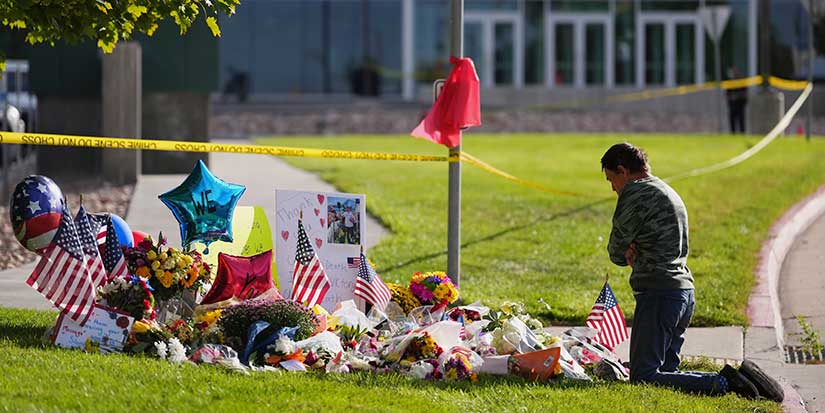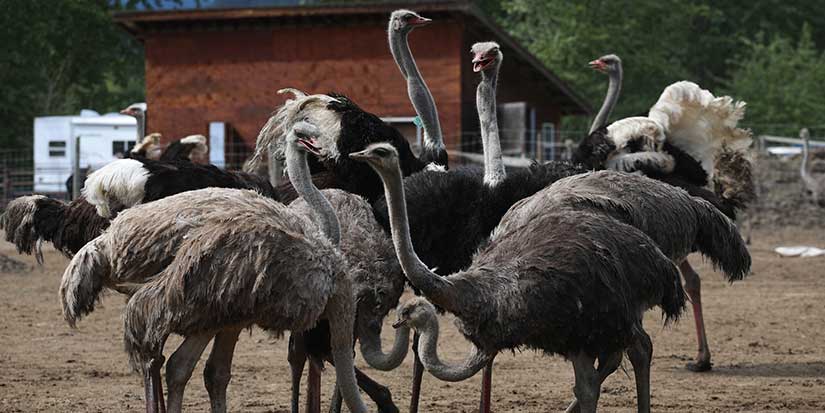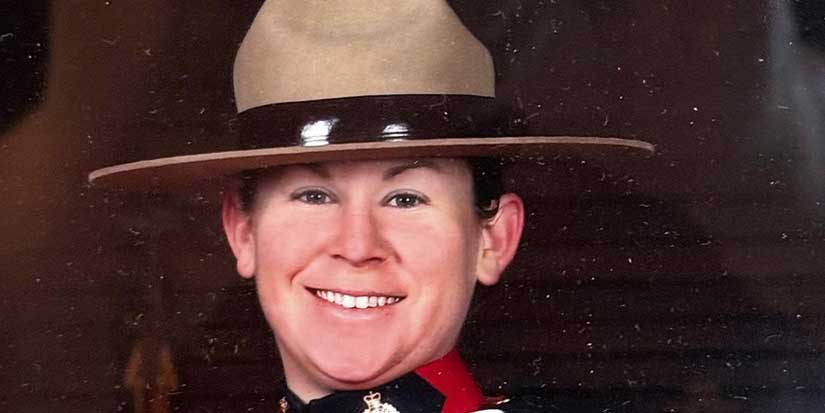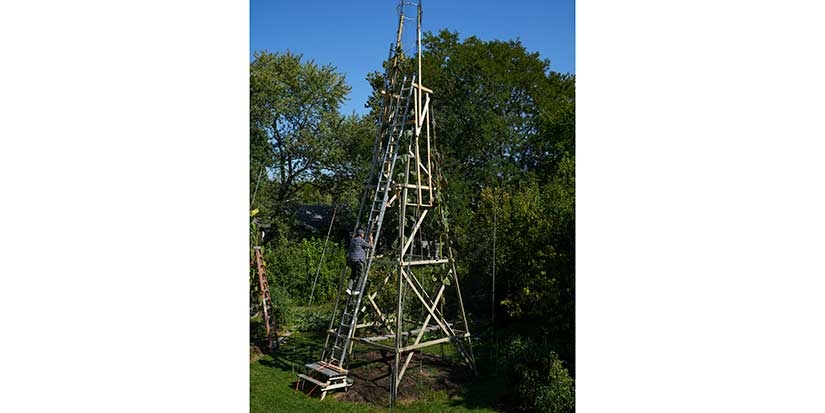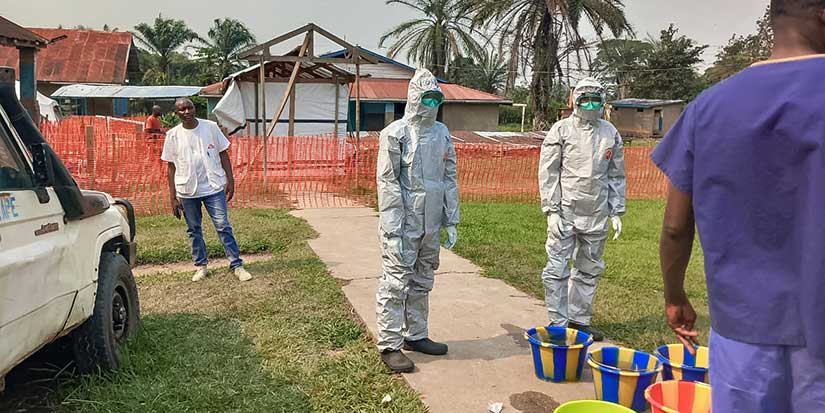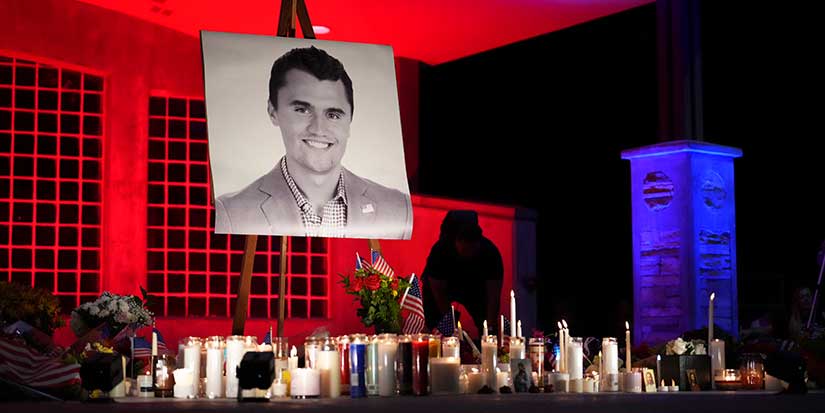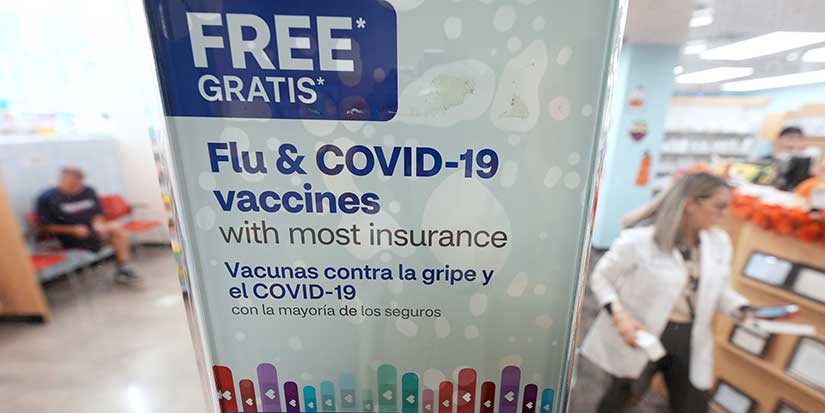Latest News
B.C. COVID-19 modelling shows need to reduce contacts

By Hannah Scott, Local Journalism Initiative reporter
Published 3:50 PDT, Thu April 15, 2021
Last Updated: 3:57 PDT, Thu April 15, 2021
—
Provincial health officer Dr. Bonnie Henry went through new provincial modelling data today, showing that people must reduce their number of contacts to bring transmission down.
“Right now, the rate of infectious contacts, the contacts we’re having where the virus can be transmitted to others, on average in the province is somewhere around 55 to 60 per cent. That is too high,” said Henry.
“We need to get down to 40 per cent or less. We had done that consistently, we were able to do that last March, we did that in November when we put in restrictions again, and I want to remind people: the restrictions that we put in that worked in November are still in place.”
She suggested people may be feeling a sense of complacency around continued restrictions on social gatherings, but added that “we need to pay attention again.”
“The people that you are seeing every day, whether at work, whether running errands, going for a walk, it’s likely that without you or them knowing it, somebody in your community, in your connections, has COVID, may not be aware of it, and is potentially infectious. The more people you see, the higher that likelihood would be. Right now, we have a lot of transmission in communities across the province.
“Even if we can see people outside our household, we shouldn’t right now. And if we do, it needs to be the same small group of people. We know that outside is lower risk—it’s not zero, but it is lower risk. So have that small group of people that you meet with, that you need to support you, meet them outside, keep your distance. If you’re going to be in close contact, wear masks, even if it’s outside.”
Henry said about 60 per cent of cases in the province are likely a variant of concern, particularly the B.1.1.7 (U.K.) and P.1 (Brazil) variants. In the Vancouver Coastal Health region, about two-thirds of variant cases are the P.1 variant, while in the Fraser Health region about two-thirds of variant cases are the B.1.1.7 variant.
A study in Vancouver Coastal Health schools conducted between September and December indicated that of 699 school-based cases, only 55 were acquired in schools. Henry said schools don’t appear to be a major driver of community transmission.
She also announced 1,205 new cases in B.C. today, bringing the province’s total to 116,075 cases since the pandemic began.
Of the new cases, 301 are in the Vancouver Coastal Health region (including Richmond), 730 in the Fraser Health region, 38 in the Island Health region, 69 in the Interior Health region, 66 in the Northern Health region and one in a person who lives outside Canada.
The latest local data shows there were 266 new cases in Richmond between April 4 and 10.
There are 10,052 active cases, a record high and the first time the number has risen above 10,000 in four months. The number of people in hospital with active cases continues to rise, with 409 reported today, 125 of whom are in critical care. A further 16,217 people are under active public health monitoring.
Henry said there has been an increase in people aged 40 to 59 ending up in hospital, as well as an increase in the 60-79 age group. Hospitalization rates in those between 20 and 39 remain relatively low, although there has been an increase in people of that age becoming sick with COVID-19.
Three more people have died as a result of COVID-19, and 12 active healthcare outbreaks continue across the province.
To date, 1,235,863 doses of a COVID-19 vaccine have been administered.
For the latest medical updates, including case counts, prevention, risks and to find a testing centre near you: http://www.bccdc.ca/ or follow @CDCofBC on Twitter.

















